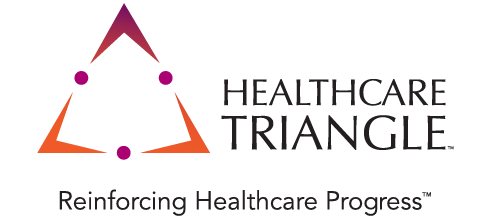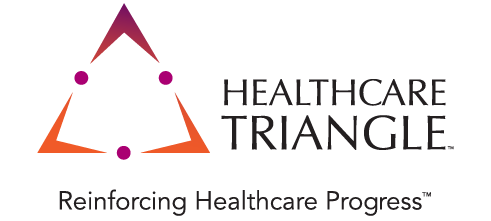HIPAA Guidelines: Understanding HIPAA Compliance on the Cloud
Sudish Mogli - Technology Advisor
Aug 10, 2018
Health Insurance Portability and Accountability Act (HIPAA) mandates industry-wide standards for protection and confidential handling of the electronic healthcare information for electronic billing and other processes. In order to maintain the HIPAA Privacy regulations, the Healthcare providers and organizations must develop and follow certain procedures to ensure the confidentiality and security of the Protected Health Information(PHI). The ‘Guidance on HIPAA and Cloud Computing’ released in 2016, by the US Government of Health and Human Services(HSS) provides information on maintaining HIPAA compliance while using cloud computing services for storing and managing ePHI. Based on this, the HealthCare organization and Cloud Service Provider(CSP) is directly liable for meeting both the business associate agreement(BSS) and compliance with the associated requirements of the HIPAA rules.
As the healthcare providers increase their dependence on the Cloud, the healthcare organizations face the pressure to constantly certify their cloud services to be HIPAA compliant. This blog is intended to throw light on the best practices, a healthcare organization needs to follow to keep the applications on cloud HIPAA-ready.
Best Practices for becoming HIPAA Compliant:
A reputable Cloud Service Provider(CSP) who can support and follow HIPAA compliance is a valuable ally. It is recommended to review the ‘HIPAA Compliance Checklist 2017-2018’, to ensure the organization complies with the security and privacy of patient data.
Below are the steps to follow to ensure HIPAA Compliance.
1. Risk assessment and management:
The Risk Assessment is foundational and conducting a risk analysis is the first step to identify and implement the safeguards that comply with the standards and implementation specification of the security rule. This helps in overcoming the ePHI data breach and reduce the risk to an appropriate level at regular intervals of time.
Look for major security and privacy assets from Cloud Providers:
- Before entering into a contract with the Cloud service provider, look for access control, log management, auditing and disaster recovery planning for the data security.
2. Train the employees to be secure:
Provide training to the employees to raise the awareness of the policies and procedures governing access to ePHI and guide them to identify the malware and malicious software attacks. All training must be documented and develop a contingency plan to enable the continuation of the critical business process while protecting the integrity of the ePHI when the organization operates in emergency mode.
3. Conduct Regular Audits:
The goal is to identify and mitigate risks and assess organizational internal compliance with the policy. Conduct regular audits to check the security breach and evaluate the potential damage in terms of legal and financial aspects of the business and incorporate security protections to ensure the confidentiality and integrity of the ePHI database.
4. Begin the partnership with right strategy:
Develop a Service Level Agreement(SLA) with business definition and a comprehensive business associate agreement(BAA), a legal contract that describes how business associate adheres to HIPAA requirements to enhance maximum protection, to prioritize both the HIPAA compliance and the successful business outcomes.
Implementing these best practices on a continuous basis is the real challenge for many healthcare organizations, as their effort and time is gets deviated from their core business. This has led many organizations to adopt an enterprise-wide cloud platform as an additional layer to their cloud infrastructure, to handle HIPAA regulations on cloud. Nowadays, advanced Cloud solutions are also available in the market with inbuilt continuous compliance & security capabilities along with assisted auto remediation. 8K Miles’ CloudEz , is one such smart unique vendor-agnostic Enterprise Cloud Platform with inbuilt cloud foundational services to facilitate your enterprise to manage Pharma/Healthcare Business Processes, Security Protocols, GxP/HIPAA Compliance Standards and Cost through Automation and DevOps, across all business units.


